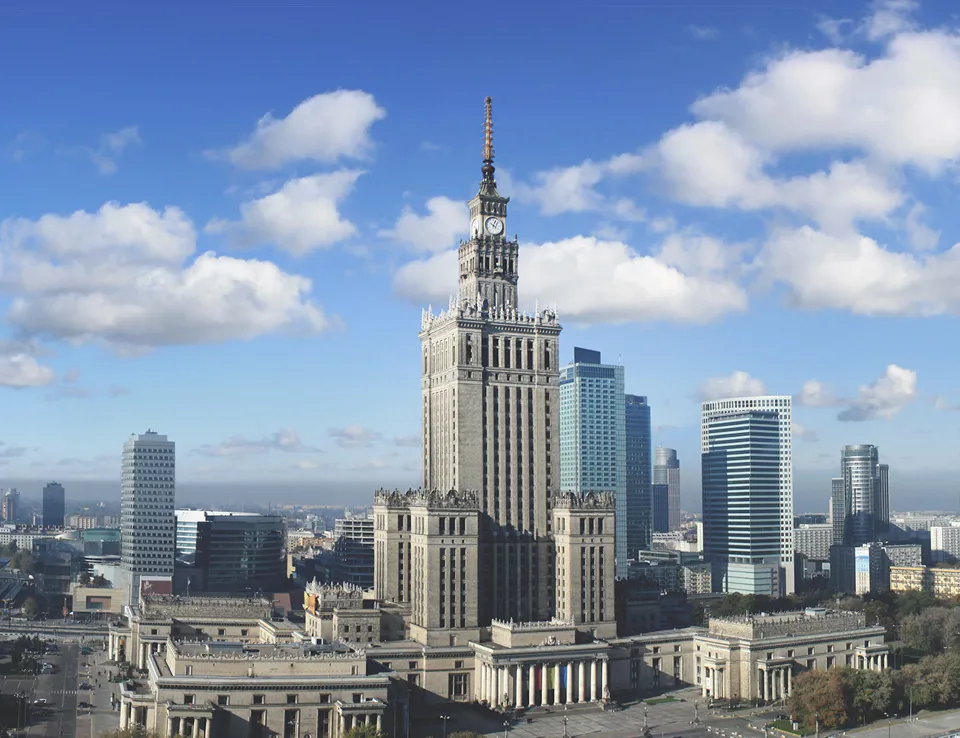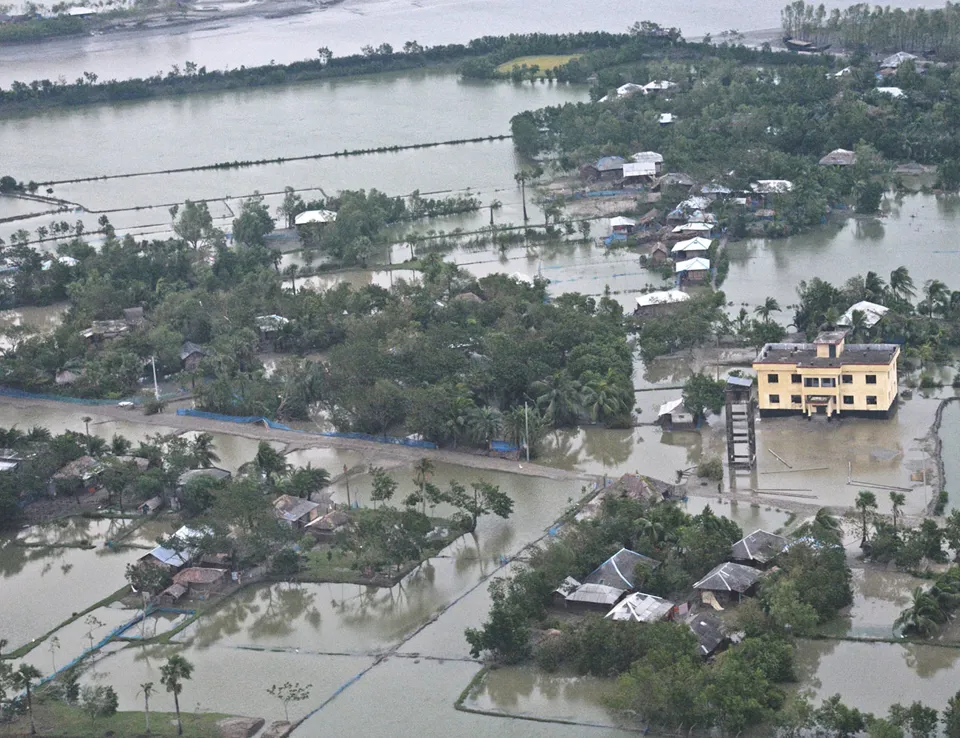How should we mitigate and adapt to climate change
12 Mar 2024
What will you do today, tomorrow and the day after tomorrow to reduce your greenhouse gas emissions and climate risks asks Ricardo's Director of Climate Adaptation & Resilience, Richard Smithers.
Paying heed to the science, it is clear that use of fossil fuels must end as soon as possible.
Indeed, all our emphasis now must be put into developing sustainable alternatives.
On our current trajectory, we may even exceed global warming of 1.5 degrees by 2030, 2 degrees by 2050 and upwards of 3 degrees by 2100.
And yet, mean global temperature rise may not be our greatest concern. The IPCC’s Sixth Assessment report expresses “high confidence” that the frequency and intensity of climate-related extreme events are already increasing.
It may be only a matter of time before extreme events synchronise across the globe with dire consequences.
Furthermore, we may be approaching our planet's main ecological tipping points which, once crossed, may pose an existential threat to our civilisation.
In short, we have no choice: we truly must do everything we can, all at once. The longer it takes to end use of fossil fuels, the greater the scope, scale and speed with which we will need to adapt.
Avoid the trade-offs and contradictions
Mitigating climate change in ways that, for any reason, are either not resilient or, worse still, compound other ways in which we are vulnerable to climate change, is futile.
Equally, reducing climate vulnerabilities and risks via approaches that unnecessarily increase emissions is pointless.
With that in mind, we at Ricardo have helped countries and cities throughout the world promote synergies and avoid trade-offs or contradictions between their plans and actions to mitigate and adapt to climate change.
Looking across all sectors - and consulting with stakeholders - has underpinned much of this work. It is all too easy to assume that mitigation needs to focus on the energy and transport sectors, whilst adaptation needs to focus on the water, food and health sectors.
The truth is that climate mitigation and adaptation are both integral. They are of cross-cutting importance.
Relevant examples of our work include development of international guidelines on “The Role of the NAP Process in Translating NDC Adaptation Goals into Action”, and subsequent assignments with Palestine and Zimbabwe to ensure that updates of their Nationally Determined Contributions (NDCs) were informed by their National Adaptation Plans (NAPs).
Our teams also developed costed NDC implementation plans that have addressed the links between climate mitigation and adaptation for Colombia, Jordan, Namibia and Palestine, and for the Philippines’ National Climate Change Action Plan.
In the Global South, we have not only developed long-term low-emissions development strategies that take account of the resilience of climate mitigation measures, but also developed them from an “adaptation-first” perspective (e.g. for Uganda).
In leading the development of the EU Mission Implementation Platform for Adaptation to Climate Change (MIP4Adapt), we are also supporting regions and local authorities throughout Europe to develop their climate adaptation plans in ways that consider implications for emissions reductions.
'Green', 'Blue' or 'Grey' options
Most notably, in leading Climate Services for a Net Zero Resilient World (CS-N0W) for UK Government, our team's systematically reviewed synergies and trade-offs between the climate mitigation actions in the UK Net Zero Strategy and the climate adaptation actions proposed in the UK’s Third Climate Change Risk Assessment.
This study identified that, with regard to mitigation and adaptation, in general, “green” or “blue” (natural) actions have greater synergies and fewer trade-offs than “grey” (hard-engineering).
Nevertheless, it is vital that society does not adopt nature-based solutions as a means of delaying the end of fossil fuel use.
Looking for support to reduce your GHG emissions and adapt simultaneously? Find out more about our climate adaptation services and how our experts can support you.
“We may be approaching Earth's major tipping points which, once crossed, may pose an existential threat to our civilisation. In short, we have no choice: we truly must do everything we can, all at once”
Richard Smithers
Director, Climate Adaptation & Resilience, Ricardo





 Follow Ricardo plc for regular updates
Follow Ricardo plc for regular updates




